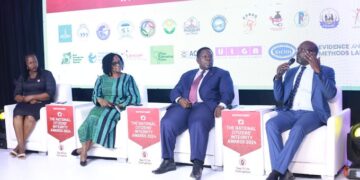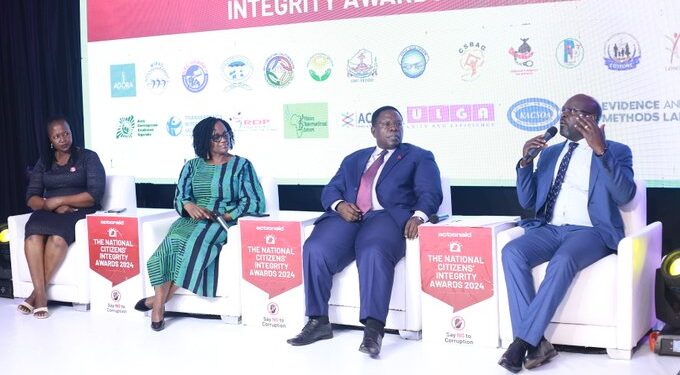Peter Mwebesa, the Manager of Research and Learning at the Inspectorate of Government (IGG), says that regarding high-profile corruption cases, individuals involved are becoming more elusive and developing new methods to steal money.
“For example, when we trace complaints and track the money, it often ends up in the account of a junior officer. This officer then withdraws the money and passes it on to the permanent secretary, who might keep the majority and only give a small portion to the junior officer. The result? No evidence of the high-ranking official,” he said.
He was speaking during a panel discussion at this year’s National Citizens’ Integrity Awards held at Skyz Protea Hotel in Naguru on Wednesday night.
A deep discussion about systemic flaws that protect high-profile individuals stemmed from moderator Raymond Mujuni’s thought-provoking question: “What is it about the ‘big fish’ that they never seem to go to jail?”
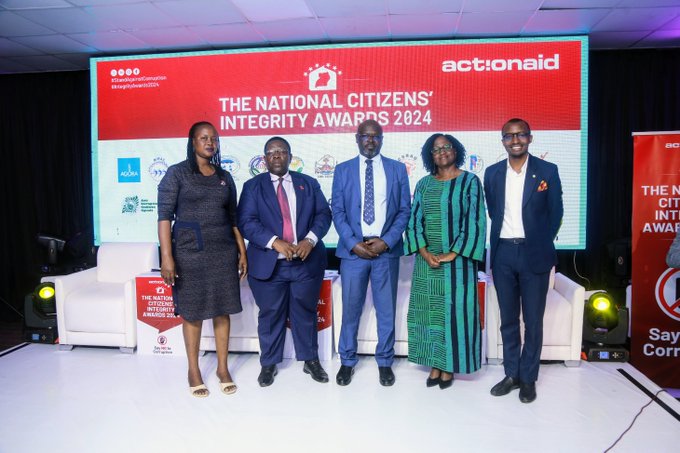
In response, Mwebesa cited situations in various ministries with deposits of millions of cash into people’s accounts, saying it’s not always clear who benefits.
“While we sympathise with those caught up in this, we advise them to be cautious. If you see money deposited into your account, it’s crucial to ask the accounting officer what it’s for. We have managed to catch some individuals through careful investigations and by using bank cameras. This is a challenge we continue to face with high-profile individuals, but we remain vigilant.”
James Onying Penywii from the IGG explained how corruption is evolving, noting that high-profile individuals use new tactics. “Money is deposited in accounts, withdrawn by a senior officer, and handed to the ‘big fish.’ The officer gets a small cut, leaving no trace.”
Lives at risk
Dr Mary Munyagwa, the overall winner of the National Citizens Integrity Awards 2024, has said that corruption in the health sector puts many lives at risk.
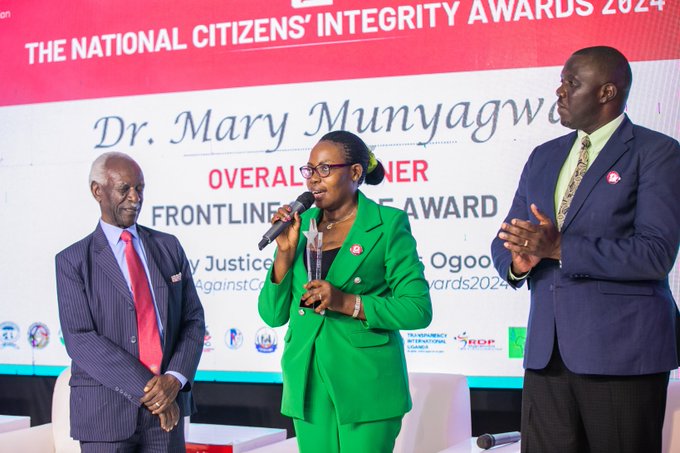
“For us as health workers, every act of corruption means life is at risk. Someone is being denied access to quality services that could make all the difference,” she said while appearing on NTV on Thursday morning.
“Sometimes, the environment we work in isn’t ideal, with a lack of supplies or equipment, but there is always something we can work with. At times, health workers may contribute to shortages in hospitals through actions influenced by corruption, but try to cover it up.”
The new normal
Susan Nsibirwa, Managing Director at Nation Media Group Uganda, said that before, corruption wasn’t even called corruption—it was something else, undocumented.
“What we have today is the result of years of normalised corruption, so deeply ingrained that we’ve become desensitized to it. Over time, repeated exposure leads to acceptance. It becomes part of the system, even glorified.”
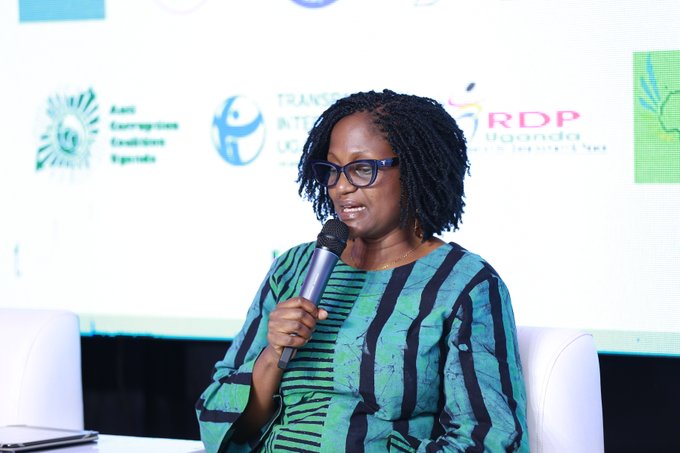
“Look at how parents abet corruption in something as small as school prefect elections, passing it to the next generation. When someone accused of wrongdoing is released on bail and celebrated as a hero, or when leaders with questionable records are welcomed with applause, it shows how desensitised we have become.”
According to her, corruption is now part of normal programming, so much so that even reporting on it feels futile. She said this culture didn’t emerge overnight—it’s been building for years.
“When someone is released on bail, we see crowds clapping—even when we know they are guilty,” said Susan, highlighting how society normalizes and celebrates corrupt individuals.
“But if we want change, we must break the cycle,” she noted, adding that social media campaigns against corruption show that there is a growing generation of people who will not sit back.

Collective action
Eric Moses Makumbi, Commissioner of Ethics & Integrity, stressed the importance of collective action. “Corruption is a big problem, but the more voices that speak against it, the stronger the movement becomes. Partnerships with CSOs are vital.”
The panel emphasized the need for systemic reform, partnerships, and accountability to address corruption at all levels. Corruption thrives in silence—breaking that silence is the first step.
Corruption Rank in Uganda averaged 120.22 from 1996 until 2023, reaching an all-time high of 151.00 in 2016 and a record low of 43.00 in 1996, according to Transparency International. According to the Inspectorate of Government, corruption cost each Ugandan in 2019 at least UGX 200,000. The total cost of corruption in Uganda is estimated to be UGX 9.144 trillion per year.
